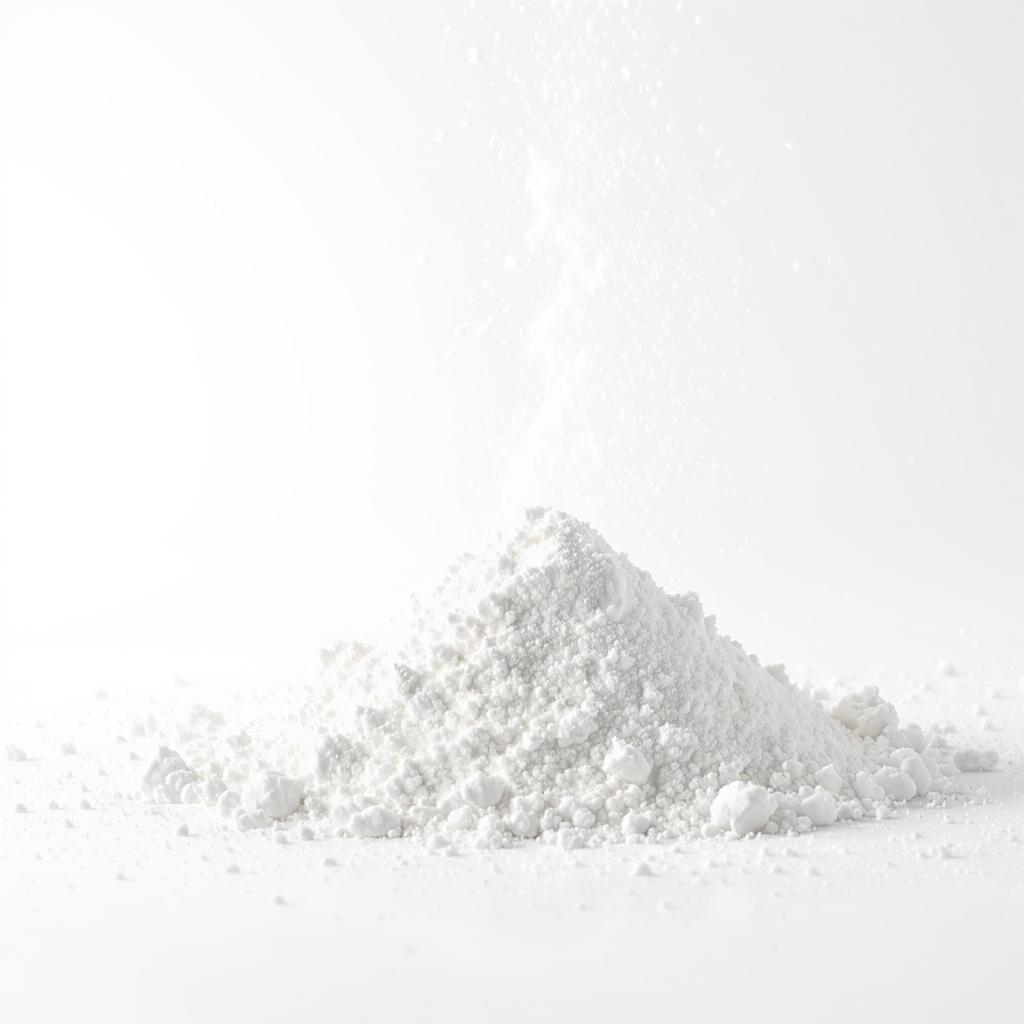Creatine in 2025: Beyond Muscles — What Medical Science Really Says
More Than a Gym Supplement
Ask the average person what creatine is, and they’ll say, “It’s for bodybuilders.” And while they’re not wrong, in 2025, that definition is outdated.
Today, creatine isn’t just a sports supplement — it’s being studied for cognitive enhancement, neuroprotection, and even mental health. From med school classrooms to neuroscience labs, creatine is earning a reputation as one of the most versatile, well-researched, and misunderstood supplements in the health world.
Let’s unpack what creatine is, how it works, and why it might be the smartest supplement you’re not taking (yet).
⚙️ What Is Creatine, Really?
Creatine is a naturally occurring compound made from three amino acids: arginine, glycine, and methionine. Our bodies produce it in the liver and kidneys, and it’s also found in red meat and fish.
About 95% of the creatine in your body is stored in skeletal muscles — the rest is found in the brain and other tissues. It’s used to rapidly regenerate ATP (the energy currency of the cell), especially during high-intensity activity.
🏋️♂️ Creatine for Physical Performance: The Evidence is Rock Solid
Let’s start with the obvious: creatine works for athletes.
Thousands of studies confirm that creatine monohydrate improves:
Muscle strength and power
High-intensity performance
Lean mass gains
Recovery after exercise
It’s one of the most effective, safest, and affordable ergogenic aids in sports nutrition. The typical loading dose is 20g/day (split into 4 doses) for 5–7 days, followed by 3–5g/day maintenance — although you can skip the loading phase and just use 3–5g daily long-term.
Reference: Kreider et al., 2017. “International Society of Sports Nutrition position stand: safety and efficacy of creatine supplementation in exercise, sport, and medicine.”
🧠 Creatine and the Brain: A 2025 Game-Changer
What’s really exciting now is creatine’s impact on the brain. New studies suggest it may:
Improve short-term memory and mental fatigue
Support brain energy metabolism
Provide neuroprotection after injury or in neurodegenerative diseases
In people with low brain creatine levels — like vegetarians, older adults, or those under chronic stress — supplementation can enhance:
Working memory
Reaction time
Mental clarity under sleep deprivation
🧠 A 2022 meta-analysis in Neuroscience & Biobehavioral Reviews showed creatine has moderate positive effects on cognitive function, particularly under stress or cognitive load.
🧬 Creatine in Neurology and Psychiatry
Beyond memory, creatine is being explored for its potential role in:
Depression: May help with treatment-resistant depression by improving cellular energy metabolism in neurons.
Parkinson’s and Huntington’s Disease: Offers potential neuroprotective effects (though human trials are mixed).
Traumatic Brain Injury (TBI): Reduces oxidative stress and improves cellular energy balance in animal models.
While it’s not a standalone treatment, creatine could become part of multimodal approaches in brain health.
😱 Is It Safe? Debunking the Myths
Creatine has been demonized for decades — falsely linked to:
Kidney damage
Dehydration
Muscle cramps
But the science says otherwise.
Multiple long-term studies have shown that creatine is safe in healthy individuals, even with high doses taken for years. The kidney myth originated from a misinterpretation of elevated creatinine (a harmless marker of creatine breakdown).
🚫 Verdict: If you’re healthy, creatine is safe.
👉 However, it’s important to understand that creatine supplementation can increase your serum creatinine levels by approximately 0.1 to 0.2 mg/dL, even in the absence of kidney dysfunction. This is because creatinine is a breakdown product of creatine, so higher intake naturally raises blood levels.
While this rise is typically harmless in healthy individuals, it can confuse clinical interpretation of kidney function — especially in those at risk for or recovering from acute kidney injury (AKI).
⚠️ Clinically, a rise of just 0.3 mg/dL in serum creatinine is enough to define stage 1 AKI (per KDIGO criteria). So even a small increase from creatine use could potentially mask or mimic early kidney injury, especially in patients who are dehydrated, septic, or taking nephrotoxic drugs.
This doesn’t mean creatine is dangerous — but it does mean:
You should avoid it if you have known kidney disease or AKI risk
Always inform your healthcare provider if you’re taking creatine before interpreting kidney function tests
🔄 Daily Use: Should You Take It?
As a medical student, I see creatine as a low-risk, high-reward supplement, especially for:
Students under cognitive stress
Gym-goers and athletes
Vegans/vegetarians
Older adults wanting brain support

→ 3–5g creatine monohydrate daily
→ No need to cycle or load
→ Stay hydrated, take with food if possible
🧑⚕️ My Perspective as a Med Student
I take creatine daily — not just for training, but for mental endurance during long study blocks. It’s not a miracle pill, but for something so cheap, safe, and well-studied, it feels like an obvious choice.
In medicine, we’re taught to treat with caution — and rightly so. But creatine is one of those rare cases where the benefits are backed by robust clinical evidence, and the side effects are minimal when used responsibly.
✅ Final Verdict
| Category | Evidence Level | Verdict |
|---|---|---|
| Muscle performance | ✅ Strong | Absolutely worth it |
| Brain/cognitive boost | ⚖️ Moderate | Promising |
| Depression/neurology | ⚠️ Early evidence | Worth watching |
| Kidney safety | ✅ Safe if healthy | ⚠️ Risky if kidney disease |
| Lab interpretation | ⚠️ May elevate creatinine | Inform your doctor |
Takeaway
Creatine has evolved from a gym supplement into a potential neuroenhancer, cellular protector, and cognitive support tool. Whether you’re lifting weights, studying for exams, or just trying to optimize your energy systems — creatine may be the simplest, smartest supplement to add in 2025.
Just be smart about it: Know your health status. Know your labs. Respect the science.
Latest contents

How to Choose Between Notion and Obsidian in 2025
Table of Contents Notion vs. Obsidian Which Note-Taking App Is Best for Your Brain? In an age where information isn’t just available but constantly rushing

BECOME WHO YOU WERE MEANT TO BE
How to Become the Person You’ve Always Wanted to Be The Truth Behind Becoming Most of us carry a quiet image in the back of

How to Make Waking Up Early Feel Effortless
How to Make Waking Up Early Feel Effortless Why Should You Care About Quantum Computing? Waking up early is often romanticized as a life-changing habit,

Foarte interesant articolul! Mulțumim pentru informații.
I believe this is one of the so much important info for me. And i am happy reading your article. But wanna commentary on some normal things, The web site taste is wonderful, the articles is really excellent : D. Excellent process, cheers
It’s a pity you don’t have a donate button! I’d without a doubt donate to this excellent blog! I guess for now i’ll settle for book-marking and adding your RSS feed to my Google account. I look forward to brand new updates and will talk about this blog with my Facebook group. Talk soon!
Wishing you happiness every day.